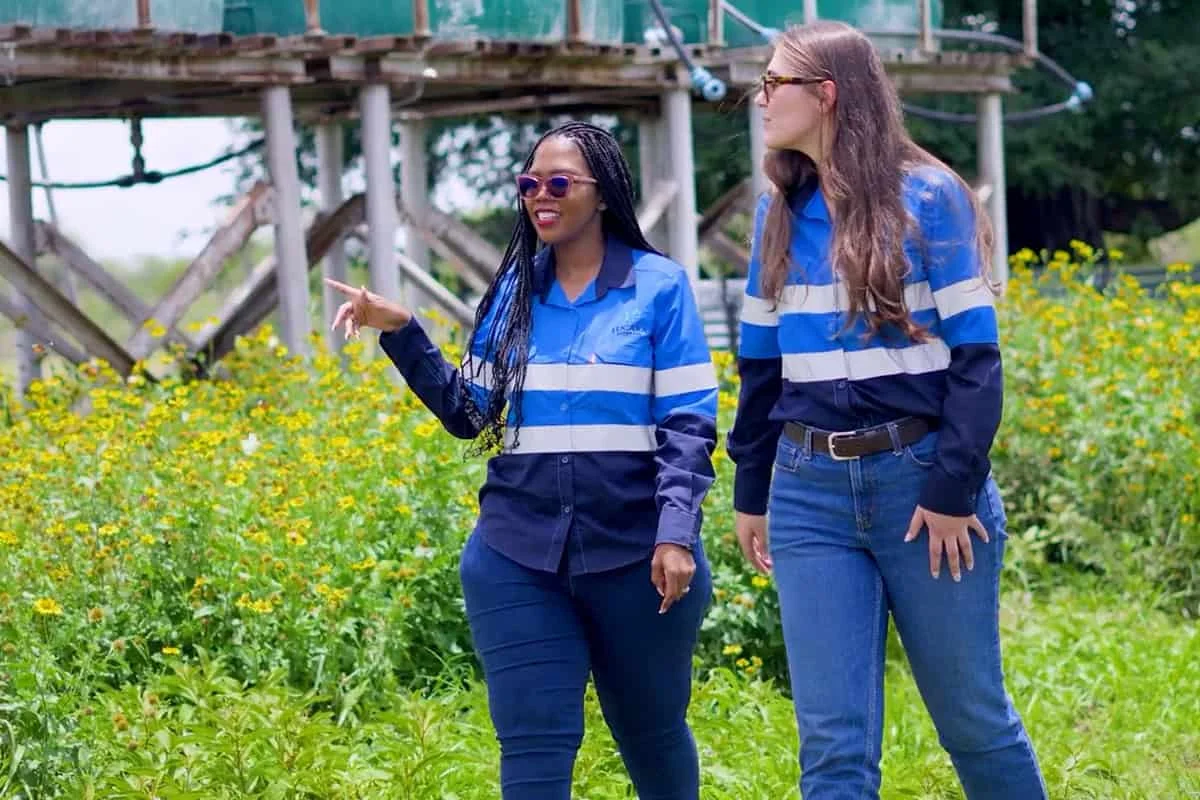Tomorrow’s engineers
Rice University, in Houston, Texas, is at the forefront of research to address one of the world’s most pressing problems around sustainability and climate.
“Delivering energy to an increasing population of the world while minimising the impact on the climate is one of the greatest challenges we face as a society,” says Reginald DesRoches, President of Rice University.
Tackling the climate crisis is a big driver behind the university’s REINVENTS (Rice Engineering Initiative for Energy Transition and Sustainability) faculty, which is developing breakthrough technologies in renewable energy, materials science and water treatment.
Culture of collaboration
“We have very few barriers between disciplines, so we end up working in a group or team of students and faculty members – very easily five fields or more. Here, it is a natural part of our culture,” says Naomi Halas, Stanley C Moore Professor, Electrical and Computing Engineering at Rice University.
By bringing different disciplines together and collaborating with institutes and industry, Rice is developing technologies with real-world applications.
Rice’s WaTER Institute explores sustainable water treatments, such as advanced water purification systems. The Rice Advanced Materials Institute innovates with low-carbon materials, from high-efficiency batteries to biodegradable plastics.
Bridging research and industry, the Woodside-Rice Decarbonisation Accelerator is a climate tech partnership that aims to fast-track carbon reduction technologies.
Next-generation engineering
Rice prepares the new generation of engineers to meet environmental challenges around energy transition and sustainability. Students are implementing their ideas by working on real-life projects in renewable energy, smart infrastructure and sustainable manufacturing.
“It’s an exciting time for engineers and scientists across the world. This typically happens once in a century,” says Aditya Mohite, Faculty Director of REINVENTS, Rice University.
Houston is the energy capital of the world. And in the same way that the city became a center of research, science and engineering to evolve technology for the oil and gas industry, it is now doing the same for clean energy. For the students, this presents unique opportunities inside and outside the university.







